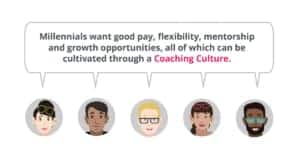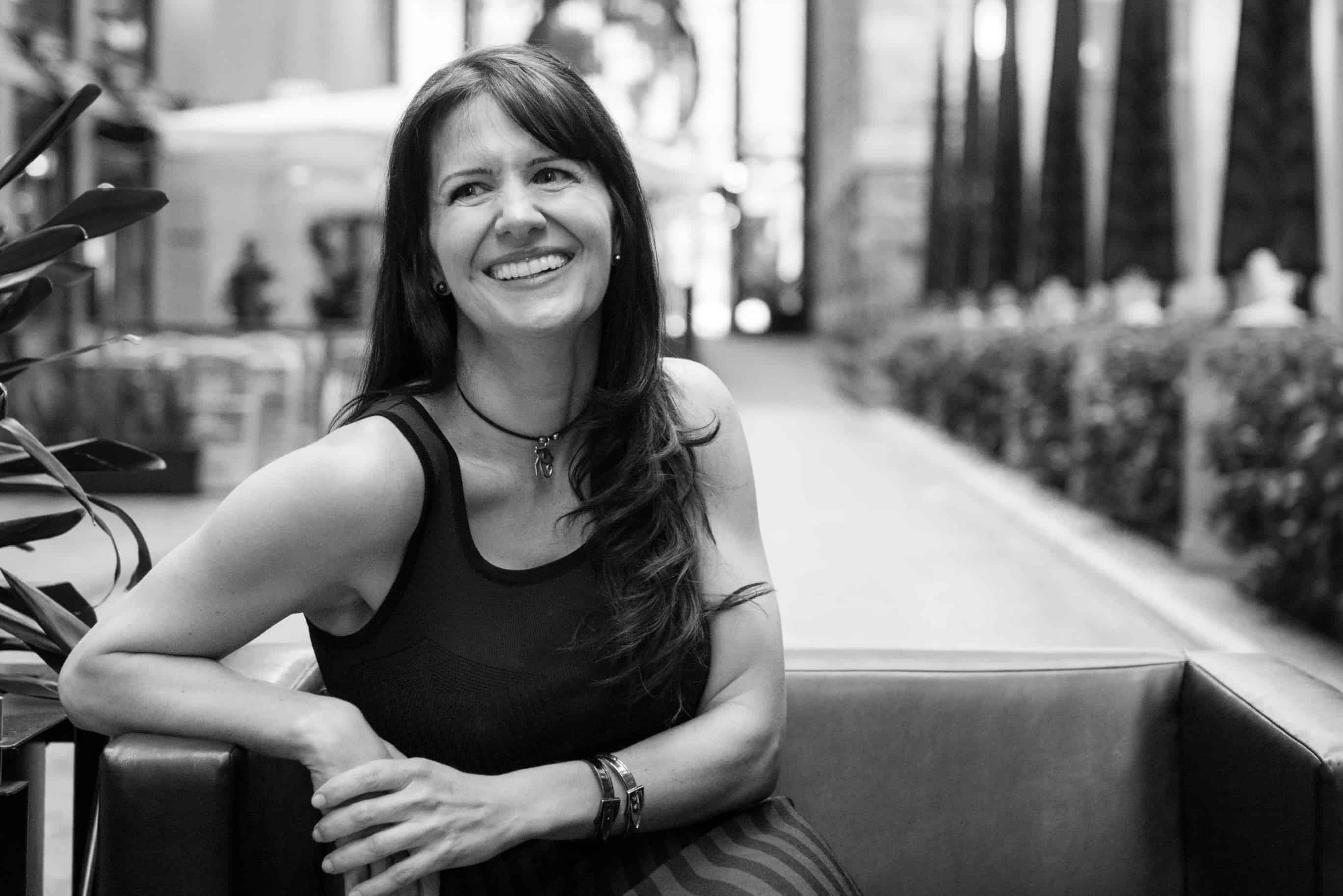Conscious leadership just might be the next big evolution in business leadership as well as in the global marketplace, with Canada uniquely positioned to take the lead is forging this new path. In Montreal, conscious leadership is already being practiced or explored by many organizations.
What is Conscious Leadership?
To understand what it is, we need to understand what it is responding to. For a long time, leadership was about command-and-control. You were the boss and your job was to get people to do what you told them to do.
It makes a certain sense. You are the boss. You decide what’s best for the team or the company, you tell your employees what to do, and they should do it. Right?
Well, it turns out, that isn’t very motivating or engaging for employees. It also doesn’t allow much room for creativity, innovation, out-of-the-box thinking, designing new solutions and all those great qualities and skills that organizations need in order to grow and succeed.
Conscious leadership is a leadership movement in response to that. The aim is to shift our leadership approach so that the focus is on creating cultures of growth – growth of individuals, teams and the overall organization – where employees are highly engaged, fulfilled and dedicated to bringing their best selves to the work that they do.
Why Canadian Companies Should Embrace Conscious Leadership?
Melissa Dawn is a Conscious Leadership Coach here in Montreal and founder of CEO of Your Life coaching services. She works with individuals, teams and organizations to develop their leadership and help them evolve forward.
According to Melissa, a conscious leader is someone who:
- Aligns strategy, decision-making, hiring and all other business practices with the purpose, vision, culture and values of the organization;
- Seeks out new team members whose gifts and values are aligned with the organization’s and bring strength to the team;
- Actively looks for the unique strengths and talents of current team members, and helps them bring those gifts forward;
- Doesn’t shy away from difficult conversations, but instead embraces them as opportunities to learn, overcome challenges and strengthen interpersonal relationships;
- Seeks to cultivate cultures of trust, integrity, accountability and openness;
- Continually works on their own personal and professional development;
- Prioritizes the personal and professional development of those around them;
- Is able to marry the nuts and bolts of getting things done with compassion and care for the people doing the work, so that both the work and the people can move forward successfully.
Melissa says that while these skills and habits can feel difficult at first, if people approach them with an open mindset and a willingness to learn, they usually start to see the benefits right away – benefits which will continue to grow and spread as the work moves forward.
“In his book, Conscious Capitalism, John Mackay states, ‘The quality of our leaders affects the quality of our lives.’
We all know this to be true,” says Melissa. “We’ve all experienced the stress, frustration and even anger that can result from ineffective or toxic leadership, or even just a culture where we don’t feel valued as whole people, or free to just bring the best parts of ourselves out at work. However, the opposite is also true. Really great leaders – leaders who value others, uplift them, encourage them forward – have a truly positive impact on our wellbeing and quality of life. It makes us better people and better at our jobs. And that matters to the organization because it’s great people who help businesses succeed. As a leader you’re in a position to bring out the greatness in others and conscious leadership is a powerful way to do that.
“When it comes down to it, conscious leadership is about co-creating with employees, teams, management, clients, suppliers, communities, stakeholders and so on. It’s about creating workplace cultures where people feel comfortable being themselves, which makes them happier, more engaged, more productive, more collaborative… all of which we know leads to higher ROIs. And finally, it’s about keeping a mindset of what is best for the general good of the people and the community. When you put conscious effort in your employees and the people around you, you build genuine trust and a reputation for integrity that people – customers included – want to support.”
When Does a Company Need Conscious Leadership?
We asked Melissa what kind of issues conscious leadership might help address.
She gave several examples of what it can help with for both the individual leader and the organization:
- A feeling of being stuck – like you need to move forward or change direction, but you just can’t see how;
- Behavioural issues like defensiveness, procrastination, feelings of hostility, passive aggressiveness, placing blame, etc;
- Consistently missing objectives or struggling to clarify objectives;
- Moving through transitions;
- Motivating employees or teammates;
- Finding and keeping top talent;
- Looking to get an edge in the millennial job market;
- Interpersonal issues or struggling to communicate effectively.
And there’s one big one that Melissa says everyone struggles with and everyone can benefit from confronting:
“The difficult conversations. We all have them and we all know them! It’s those conversations that we know, if we could just have them, openly, honestly, without judgement or fear, everyone could move forward more easily and understand each other better.”
How to Get Started With Conscious Leadership?
In Montreal, conscious leadership coaching is just starting to take hold with some business and leadership coaches training in this specific branch of leadership coaching. Montreal has always had a very forward-thinking business community, so it’s no surprise that local organizations are open to the benefits of conscious leadership.
If you’d like to get started on your own or look into adopting conscious leadership within your organization, you could start by reading up on case studies and other resources, but one of the best ways to really dive in is to get a conversation started with a specialized coach like Melissa Dawn of CEO of Your Life.









